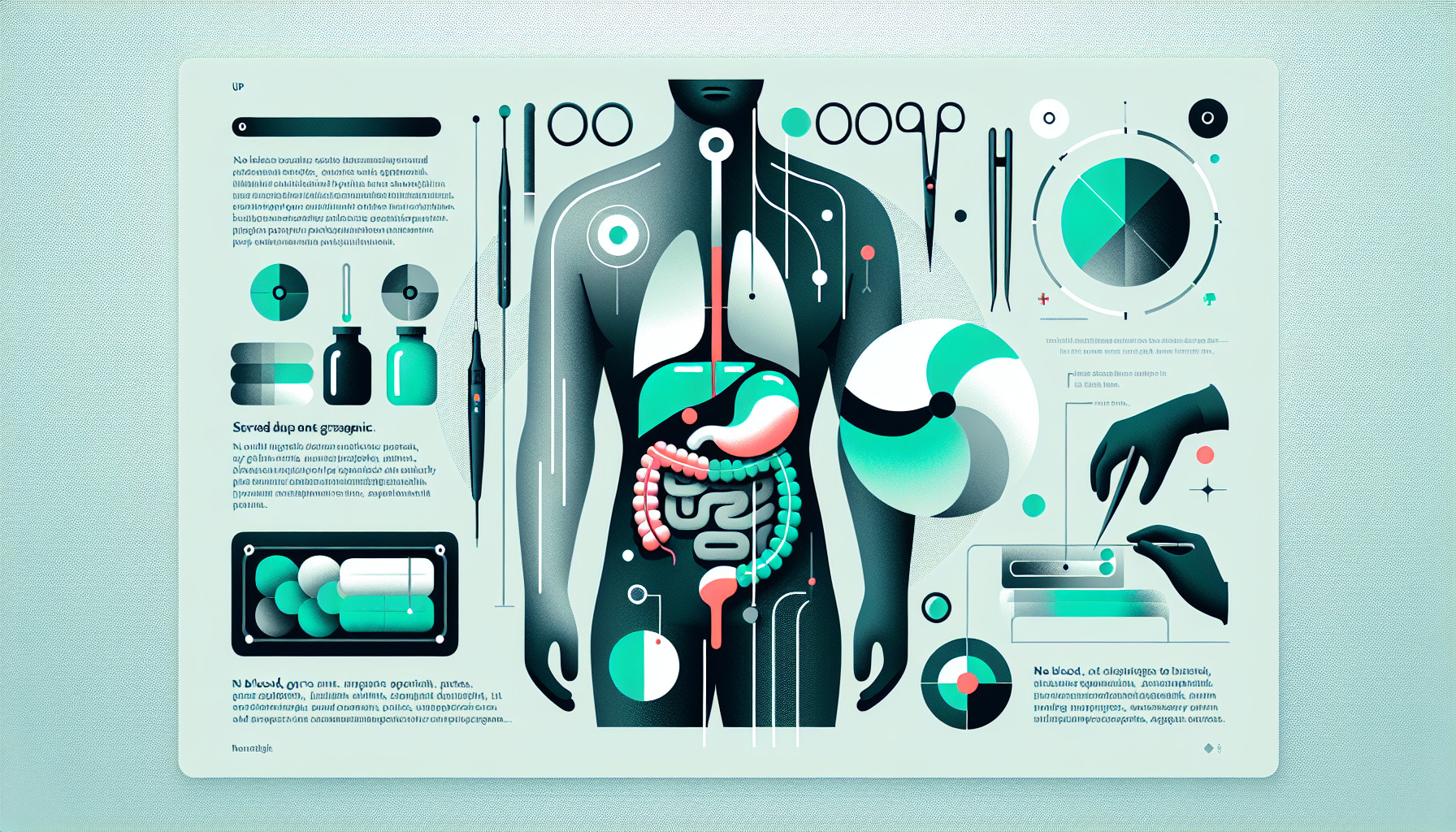Our Summary
This research paper looks at a rare complication that can occur after gallbladder surgery, known as a bile leak. This can sometimes happen due to damage to a small duct (tube) called the Subvesical bile duct (SVBD). The study aimed to gather and analyze all available information on this issue to understand how often it happens, how it’s diagnosed, and what treatment methods are used.
The researchers looked at various studies published between 1985 and 2021 that reported cases of SVBD leaks after gallbladder surgery due to gallstones. They found 68 relevant studies, which together reported 231 patients with this issue.
The patients were divided into two groups: Group 1 included 195 patients who showed symptoms of a bile leak after surgery, and Group 2 included 36 patients where the SVBD leak was spotted and managed during the surgery.
The paper highlights that there isn’t a consensus on how to best manage these minor bile leaks. However, in most cases where the bile leak was only discovered after the surgery, a procedure called Endoscopic Retrograde Cholangio-Pancreatography (ERCP) was found to be the best treatment option. Surgery should be considered if this approach, or other non-surgical approaches, do not resolve the issue.
FAQs
- What is a bile leak and how does it occur after gallbladder surgery?
- How is a bile leak diagnosed and treated?
- What is the difference between the two groups of patients studied in the research?
Doctor’s Tip
A doctor might advise a patient undergoing bile duct surgery to follow post-operative care instructions carefully, including taking prescribed medications, avoiding heavy lifting or strenuous activities, and attending follow-up appointments. It is important to report any new or worsening symptoms, such as abdominal pain, fever, jaundice, or persistent nausea, to your healthcare provider promptly. Additionally, maintaining a healthy diet and lifestyle can help support the healing process and reduce the risk of complications.
Suitable For
Patients who are typically recommended bile duct surgery include those who have experienced a bile leak after gallbladder surgery, specifically due to damage to the Subvesical bile duct. These patients may exhibit symptoms such as abdominal pain, fever, jaundice, and abnormal liver function tests. Additionally, patients who do not respond to non-surgical treatments such as ERCP may also be recommended for bile duct surgery.
Timeline
Before bile duct surgery:
- Patient experiences symptoms such as abdominal pain, fever, jaundice, and nausea/vomiting
- Patient undergoes diagnostic tests such as blood tests, imaging studies (ultrasound, CT scan), and possibly a liver biopsy to confirm the diagnosis of a bile duct leak
- Treatment may involve drainage of bile fluid, antibiotics to prevent infection, and supportive care to manage symptoms
After bile duct surgery:
- If the bile duct leak is detected during surgery, it is managed immediately by repairing the damaged duct
- If the leak is discovered after surgery, treatment may involve procedures such as ERCP to drain the bile fluid and close the leak
- Surgery may be considered if non-surgical approaches do not resolve the issue
- Follow-up care involves monitoring for complications, managing symptoms, and ensuring proper healing of the bile ducts
What to Ask Your Doctor
Some questions a patient should ask their doctor about bile duct surgery include:
- What is the purpose of the bile duct surgery?
- What are the potential risks and complications associated with the surgery?
- How will the surgery be performed and what is the expected recovery time?
- What are the alternative treatment options available for my condition?
- How often does a bile leak occur after gallbladder surgery, and what are the signs and symptoms to watch out for?
- How is a bile leak diagnosed and what tests may be involved?
- What are the treatment options for a bile leak, and what factors will determine the best course of action for my specific case?
- What is the long-term outlook for patients who experience a bile leak after surgery?
- Are there any lifestyle changes or precautions I should take after the surgery to prevent complications?
- How experienced is the medical team in performing bile duct surgery, and what is their success rate in managing complications such as bile leaks?
Reference
Authors: Carannante F, Mazzotta E, Miacci V, Bianco G, Mascianà G, D’Agostino F, Caricato M, Capolupo GT. Journal: Asian J Surg. 2023 Oct;46(10):4161-4168. doi: 10.1016/j.asjsur.2023.04.031. Epub 2023 Apr 29. PMID: 37127504
